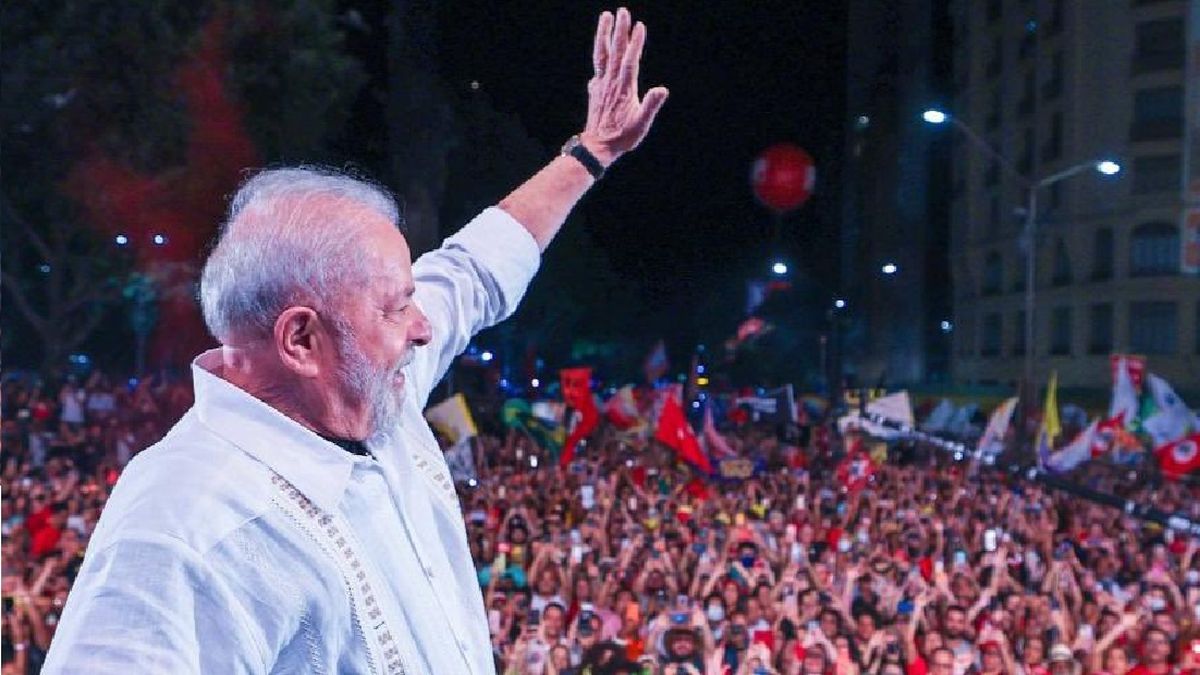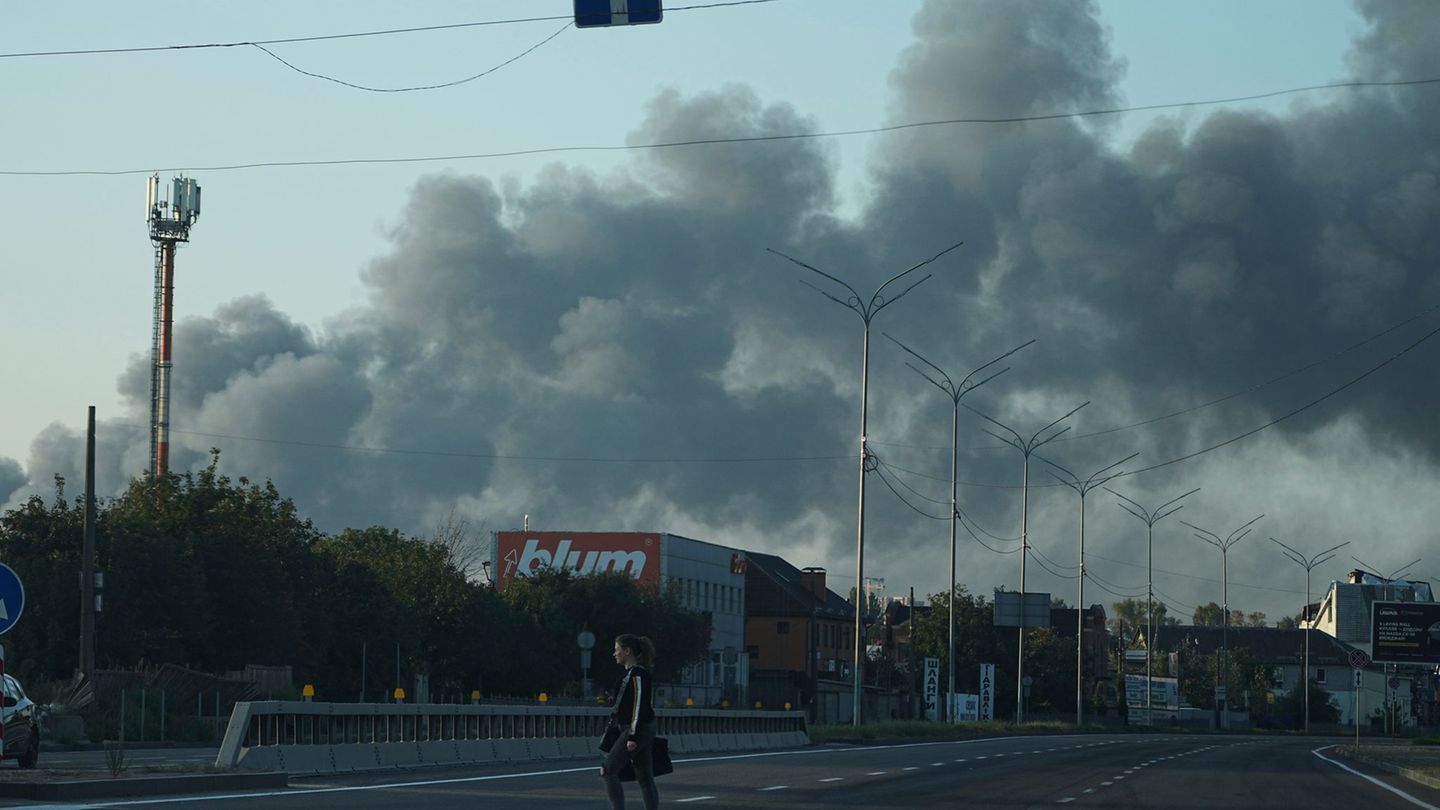“That doesn’t mean renegotiating the entire deal or starting from scratch.“said Amorim, who was Lula’s foreign minister during his two terms between 2003 and 2010.
The position highlights a delicate balance for Lula, who has made bold environmental promises while strengthening old ties with agri-food leaders who criticize Europe’s environmental demands as hypocritical barriers to trade.
“Without it becoming a pretext for protectionism, I think we can strengthen the climate clauses,” Amorim said. “It has to be a balanced agreement that takes into account global warming and the need for sustainable development and, on the other hand, allows industrial development with up-to-date technology that must be green.”
Amorim also suggested “adjustments” to the agreement, which took two decades to negotiate, to improve provisions on public purchases, services and intellectual property. He said that Lula believes in the need for a strategic agreement between the EU and Mercosur, creating the largest free trade area in the world.
Lula clearly leads Bolsonaro in opinion polls ahead of the October 2 elections against Bolsonaro.
“With Bolsonaro in government, there can be no Mercosur agreement, that is very clear“, said the European deputy Anna Cavazzini, who last week led a mission to Brazil to assess the threat posed to the Amazon region by illegal gold mining and logging, something that has worsened under the president’s extreme right.
“The agreement needs to be renegotiated to make it absolutely clear that we don’t import goods from deforested areas,” he said in a telephone interview, adding: “I don’t know if we need an agreement.”
Source: Ambito
David William is a talented author who has made a name for himself in the world of writing. He is a professional author who writes on a wide range of topics, from general interest to opinion news. David is currently working as a writer at 24 hours worlds where he brings his unique perspective and in-depth research to his articles, making them both informative and engaging.




